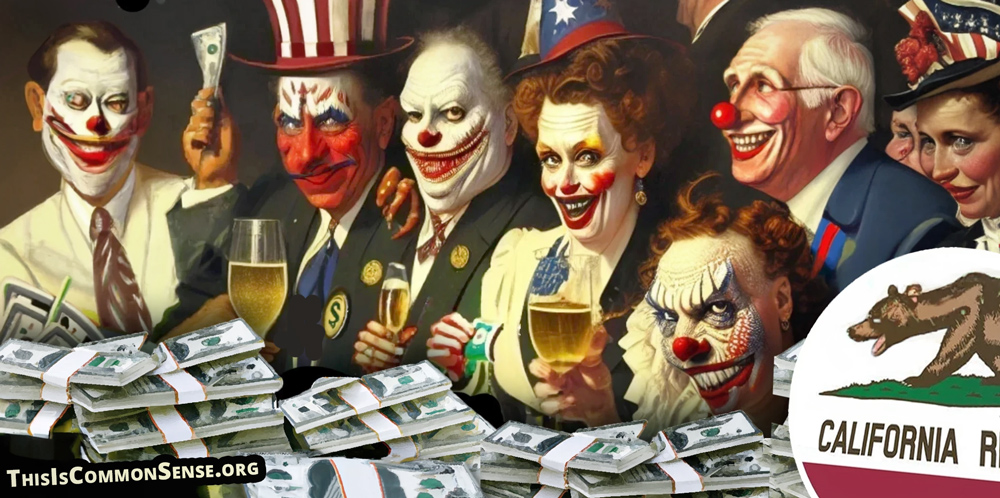A perennial bill in the California Assembly, Constitutional Amendment 1, would make it harder for voters to block local tax increases in accordance with the provisions of Proposition 13, which voters passed in 1978.
ACA 1 would shrink the percentage of voters who must approve certain tax increases from two thirds to 55 percent in cases where the money would purportedly be used for infrastructure or public housing.
Passage would further erode the legacy of Prop 13, which in addition to cutting taxes, limiting tax increases, and requiring a two-thirds legislative majority to increase state taxes, also imposed a two-thirds threshold for voter approval for special local taxes.
In 2000, voters accepted a lower threshold for approval of school bonds — 55 percent instead of two thirds — enabling billions more in property taxes.
That’s bad enough, but things could easily get worse.
Jon Coupal of the Howard Jarvis Taxpayers Association observes that if enacted, ACA 1 would be used to raise taxes repeatedly in local elections by dint of dubbing all government spending “infrastructure.”
The infrastructure exemption is an innovation of the 2023 version of the bill (the tricky tricksters never stop).
Moreover, if passed, the amendment would take effect immediately. “Billions of dollars in tax hikes will start that much faster.”
Coupal stresses that the new exactions would be added to property tax bills “above and beyond Prop 13’s one percent cap” on property taxes.
ACA 1 keeps getting reintroduced and, so far, keeps getting killed off, like the mad killer in a teen slasher movie. Only to be revived for the sequel.
Kill it again.
This is Common Sense. I’m Paul Jacob.
Illustration created with PicFinder.ai and DALL-E2
—
See all recent commentary
(simplified and organized)

1 reply on “Slasher Needs Slashing”
In reality, every good or service is an input, as well as an output. Consumer commodities are inputs into the human beings who in turn provide the human contributions to production.
But people are led by journalists and by other educators to imagine some goods and services as distinctly fundamental — very much like the more general idea of an economy having a kernel. Moreover, these same journalists and educators point to goods and services that are monopolized by the state, or nearly monopolized by it, as examples of this infrastructure, treating that monopolization as common sense. People are led to believe that greater spending upon this infrastructure would be an investment benefiting the whole economic system. To many people, this fable seems undeniable fact; and then the only question is of how much present gratification should be forgone to have a more productive system.
Once the public has agreed or acquiesced to greater spending on infrastructure, socialists and special interests selectively recognize and seize-upon the point that any good or service is an input, and call that input “infrastructure”. So a public who thought that they were consenting or surrendering to more spending upon roads, bridges, water, and sewage may then find that they’re forced to spend more on just about anything.